Underused Housing Tax (UHT)
Written by Jas Saini from Chambers Fraser,
On December 15, 2021 the Government introduced Bill C-8. Effective January 1, 2022, the draft legislation proposes an annual 1% tax on the value of non-resident, non-Canadian owned residential real estate in Canada that is deemed vacant or unused (the “Underused Housing Tax” or “UHT”). This tax is reportable and payable by April 30 of the following year, with the first payment due April 30, 2023.
In applying the UHT, the first step is to determine whether a residential property was owned on December 31. A residential property would be defined to include:
· Detached homes, duplexes, and triplexes; and
· Semi-detached homes, row-house units, residential condominium units and other similar premises that is, or is intended to be, a separate parcel or other division of real property owned, or intended to be owned, apart from any other unit in a building.
If a residential property is owned on December 31, the next step is to determine whether:
i.No declaration is required and no UHT is payable; or
ii.A declaration is required but no UHT is payable; or
iii.A declaration is required and UHT is payable.
There are many proposed exemptions available that exclude the application of UHT. Baker Tilly Canada has summarized these in a flowchart to help navigate. See here.
Many owners who include Canadian Citizens or permanent residents of Canada will be able to rely on the “excluded owner” exemption. However, there are many situations and circumstances in Canada where residential properties are held through a corporation, partnership, or a trust (including bare trusts). These set-ups are often done for tax and estate planning or minimizing land transfer tax. A residential property owned by a specified Canadian corporation, partnership, or trust are not assessed UHT but must file a declaration by April 30 of the following year. Failure to file the declaration with Canada Revenue Agency results in the residential property owner being subject to the UHT.
If you find yourself owning a residential property and are not an excluded owner contact Chambers Fraser to assist you with determining the tax or reporting obligations.

